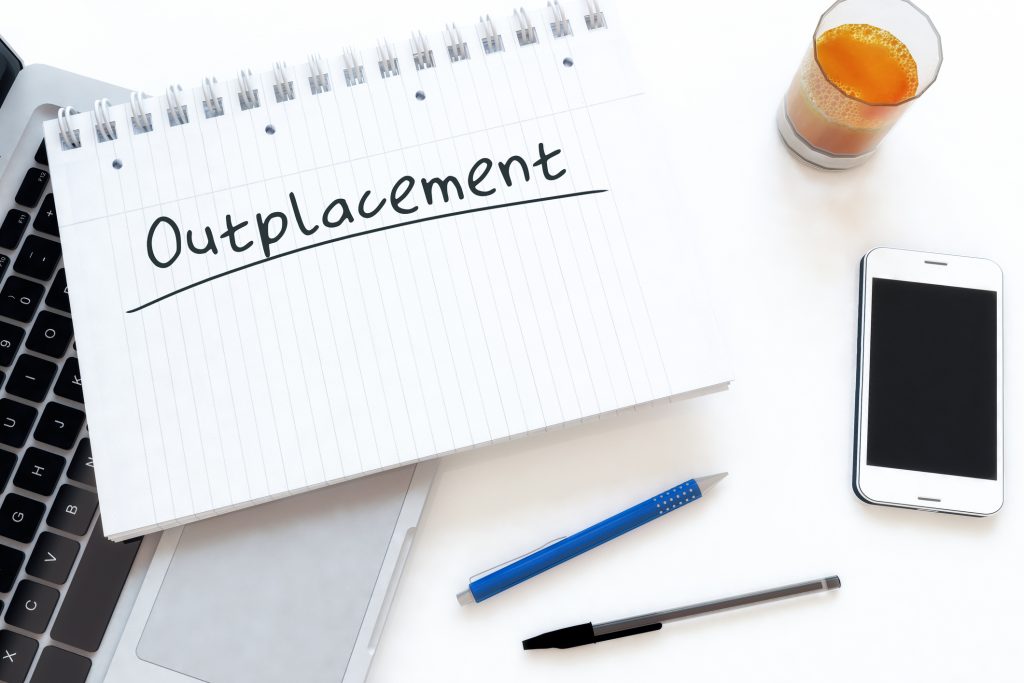…or Why You Shouldn’t Worry if You Get Mud on Your Face.
I was watching my niece’s two-year-old, Clarke, go down a sticky slide on video. It was like it was in slow motion. When he got to the bottom his foot caught, he pitched over on his oversized head and fell off the end – right into the mud.
It was hilarious.
Watching the video you were in suspense for a second or two to see how he would react. To his credit he picked himself up and went around again like falling off into mud is what was supposed to happen. His mom, who was filming, laughed and watched him go. What a smart mom.
There is a new word for this type of behaviour in the psychology world. It’s called “anti-fragile” and was coined by Nassim Nicholas Taleb in his book of the same name1 . The concept is this. If Clarke would have started crying like the world was coming to an end and avoided the slide forever one would have to call him fragile – perhaps a typical but not a desired response. If he got up and toddled over to Mom, perturbed but not going back one would have to call him resilient. But Clarke did neither. He went back for more! He got stronger from the incident. That’s anti-fragile. “That which does not kill us makes us stronger” is how Friedrich Nietzsche put it.
Hope is what sustains us through dark times. But it appears that our reaction to tough situations can actually make us stronger – or weaker – leaving a lasting effect. We get stronger by being anti-fragile. The key is that being anti-fragile is a choice.
The workplace needs anti-fragility. Organizations need individuals who can not simply shake off failure or tough times but rise above them to be stronger. Test yourself next time you are challenged at work. Are you a fragile employee? Are you resilient? Or can you rise above and be anti-fragile?
Even if your face has mud on it.
1 This concept is picked up and applied to generational cohorts by the social psychologist Jonathan Haidt and his co-author Greg Lukianoff in their book The Coddling of the American Mind.




